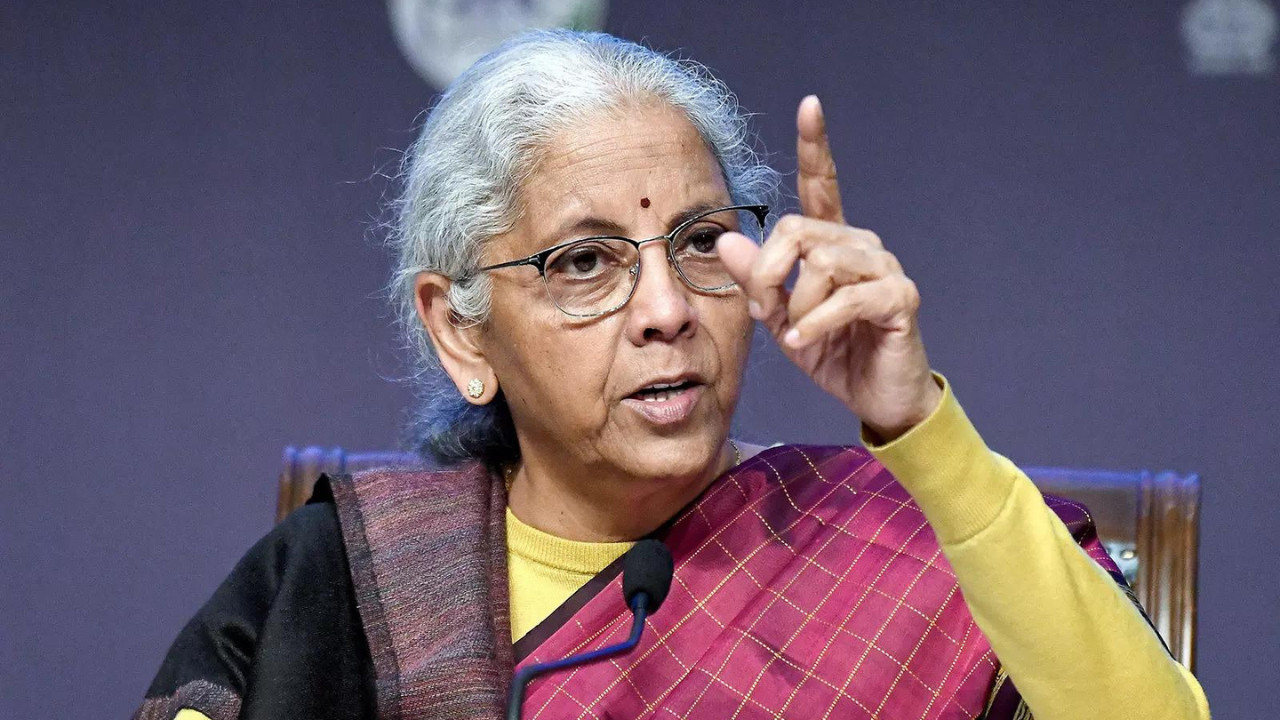A senior ASML executive stated European policymakers are difficult to reach. He found Indian government officials more accessible. ASML CEO Christophe Fouquet held a two-hour meeting with Prime Minister Modi. Modi listened intently and asked for improvement areas. This interaction shows India’s engagement with global industry leaders. Such direct dialogue is valued by companies.
India: The New Semiconductor Frontier? One Chipmaker Thinks So
Forget everything you thought you knew about the global chip race. While headlines often focus on the US-China rivalry and the European Union’s ambitious plans, a Dutch chip company is singing a different tune. They’re placing their bets, not on the usual suspects, but on India. And their reasoning is surprisingly compelling.
The company, whose name has been making waves in the semiconductor world, believes India presents a more accessible and attractive market than the European Union. This isn’t just about potential growth, it’s about a confluence of factors making India a prime location for establishing and expanding semiconductor operations. Let’s dive into why.
Why Semiconductor Companies Are Eyeing India
For years, the EU has been pushing to become a major player in the semiconductor industry, aiming to reduce its reliance on Asian manufacturers. But despite generous subsidies and policy initiatives, challenges remain. Bureaucracy, complex regulations, and a fragmented market are just some of the hurdles that companies face when setting up shop in Europe.
India, on the other hand, offers a streamlined approach. The Dutch chip company highlights the relative ease of navigating regulations and establishing operations. While India certainly has its own bureaucratic layers, the perception is that the process is becoming more transparent and efficient, particularly for foreign investors in strategic sectors like semiconductors.
The Allure of the Indian Market: More Than Just Manufacturing
It’s easy to fall into the trap of viewing India solely as a manufacturing hub. While the nation’s low labor costs and growing manufacturing capabilities are undoubtedly attractive, the story goes much deeper. India boasts a massive and rapidly growing domestic market for electronics. From smartphones and laptops to electric vehicles and industrial automation, the demand for semiconductors is surging.
This presents a unique opportunity for chip manufacturers. Instead of simply producing chips for export, they can tap into a vast local market, reducing their reliance on global supply chains and mitigating geopolitical risks. The “Make in India” initiative further incentivizes domestic production, creating a favorable environment for companies looking to cater to the Indian market.

The Talent Advantage: A Skilled Workforce Ready for the Semiconductor Industry
Beyond market size and regulatory efficiency, India possesses a crucial asset: a vast pool of skilled engineers and technical professionals. For years, India has been a global leader in software development and IT services. This has created a large and highly educated workforce with the foundational skills necessary to thrive in the semiconductor industry.
The Indian government is actively investing in education and training programs to further develop the country’s semiconductor workforce. New engineering colleges and vocational training centers are being established to meet the growing demand for skilled technicians and engineers. This ensures a steady supply of talent for companies looking to establish long-term operations in India.
Challenges Remain, But the Potential is Undeniable
Of course, India’s semiconductor journey is not without its challenges. Infrastructure gaps, power supply issues, and the need for further improvements in the regulatory environment still exist. However, the government is actively addressing these challenges through infrastructure development projects and policy reforms.
Moreover, the willingness of companies to invest in India sends a powerful signal to other global players. As more companies establish operations in India, they will attract a wider ecosystem of suppliers, partners, and support services, further strengthening the country’s position as a semiconductor hub. For more on related investments, see our article on India’s push for technological independence.
India’s Semiconductor Opportunity: A Bold Prediction?
The Dutch chip company’s perspective is not just an isolated opinion. It reflects a growing sentiment within the semiconductor industry that India is a force to be reckoned with. While the EU strives to build its own semiconductor ecosystem, India’s inherent advantages – a massive domestic market, a skilled workforce, and a streamlined regulatory environment – make it an increasingly attractive destination for investment.
Will India become the next global semiconductor powerhouse? Only time will tell. But the signs are certainly pointing in that direction. As more companies recognize India’s potential, the country is poised to play a significant role in shaping the future of the global chip industry.







